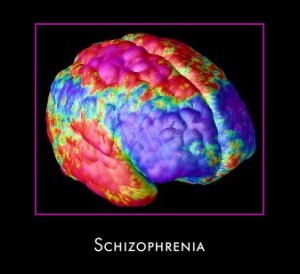Can Bipolar Disorder Lead To Schizophrenia
by J. S
My wife's ex-husband has been displaying increasingly odd behaviors over the last four years. He was diagnosed as bi-polar and was on meds, (depacote?).
For the last four years, he has refused to be treated or seek treatment and the behaviors he had exhibited in the past have only escalated, and increasingly into the criminal realm.
He began as a true bi-polar and has gone progressively into the criminal realm of petty thefts, drug abuse ,(meth, cocaine), financial irresponsibility (bounced checks, false credit cards, etc.).
This is a person who was extremely financially responsible just a few years ago, and was obsessive over his checking account, and the behaviors are affecting our children severly. At this point we believe that his behavior is leaning more toward schizophrenia than bi-polar disorder.
He is harassing my wife's co-workers (who he is familiar with), screaming at his children, breaking into his ex-family's property to steal small things, washing his clothes in a car wash, the list goes on and on.
We have looked into having him placed in a state run ward, where he would receive the treatment he needs, but only his mother and father are in agreement with us on this and we're trying to keep this from the kids. It seems like it's very hard to get a person placed with the help they need if they aren't interested in getting better.
Any information would be greatly appreciated. Is this a common occurance? My wife has a degree in psychology, I do not. It has been extremely trying for us and our family and were just not sure whether bi-polkar disorder can lead to such a severe state. None of the behaviors started until the early 30's and now at mid 40's, it has gotten so out of hand.
Thanks for any help anyone can provide.
Comments for Can Bipolar Disorder Lead To Schizophrenia
|
||
|
||

